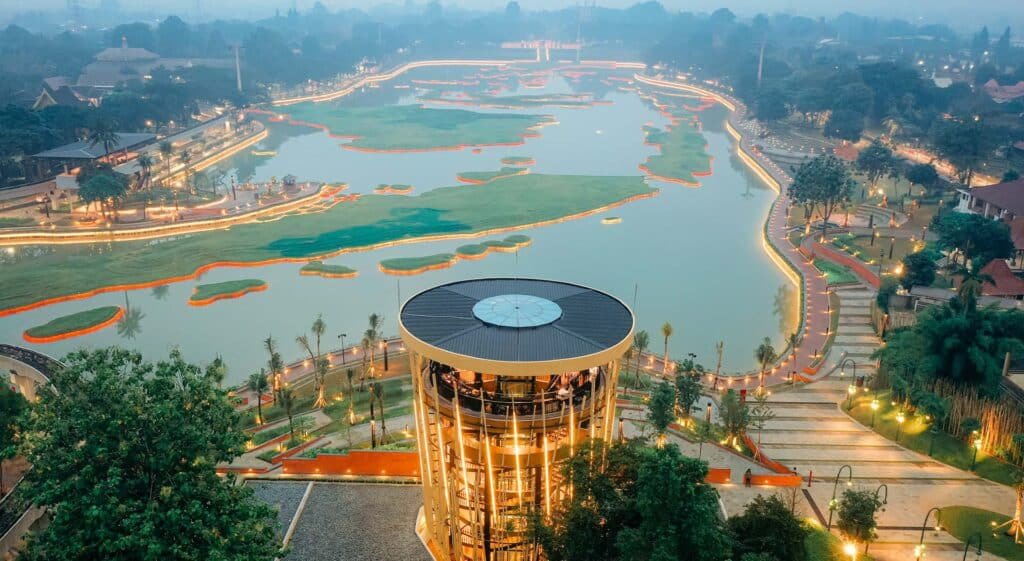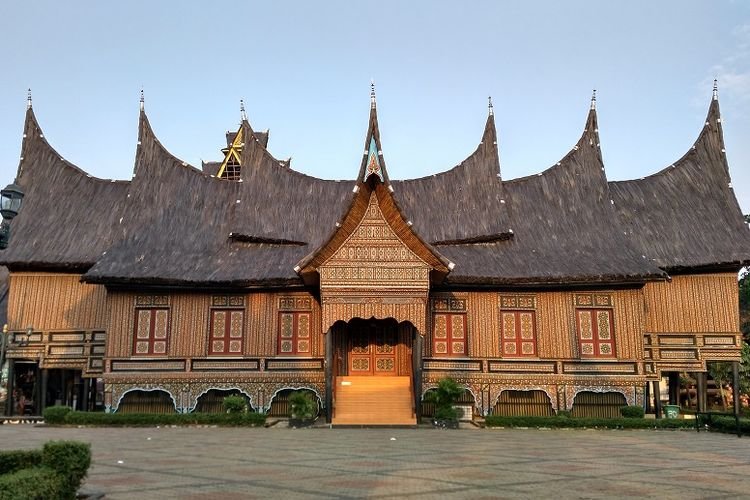FIELD TRIP
Fieldtrip will be organized on 28th May 2025.
BOGOR BOTANICAL GARDEN
Bogor Botanical Gardens (Indonesian: Kebun Raya Bogor) is a botanical garden located in West Java, Indonesia, 60 km south of Central Jakarta. It is currently operated by the National Research and Innovation Agency. The garden is located in the city center and adjoin the presidential palace compound of Istana Bogor. It covers an area of 87 hectares (210 acres) and contains 13,983 different kinds of trees and plants of various origin. Founded in 1817 by the order of the government of the Dutch East Indies, the garden thrived under the leadership of many renowned botanists including Johannes Elias Teijsmann, Rudolph Herman Christiaan Carel Scheffer, and Melchior Treub. Since its foundation, the Bogor botanical garden has served as a major research center for agriculture and horticulture. It is the oldest botanical garden in Southeast Asia.
The area that is now Bogor Botanical Gardens was part of the samida (man-made forest) that was established at least around the era when Sri Baduga Maharaja (Prabu Siliwangi, 1474–1513) ruled the Sunda Kingdom. This forest was created to protect seeds of rare trees. The forest remained neglected after the Sundanese kingdom was destroyed in the 16th century. In 1744 the Dutch East India Company established a garden and mansion at the site of the present botanical gardens in Buitenzorg (now known as Bogor). After the successful British invasion of Java in 1811, Stamford Raffles was appointed as the island’s lieutenant-governor, and he took Buitenzorg Palace as his residence. During his rule in the palace, he had the garden re-landscaped into English-style garden. His wife, Olivia Mariamne Raffles, died in Buitenzorg and was buried in Batavia. A memorial monument was built in the garden, as a commemoration for her.
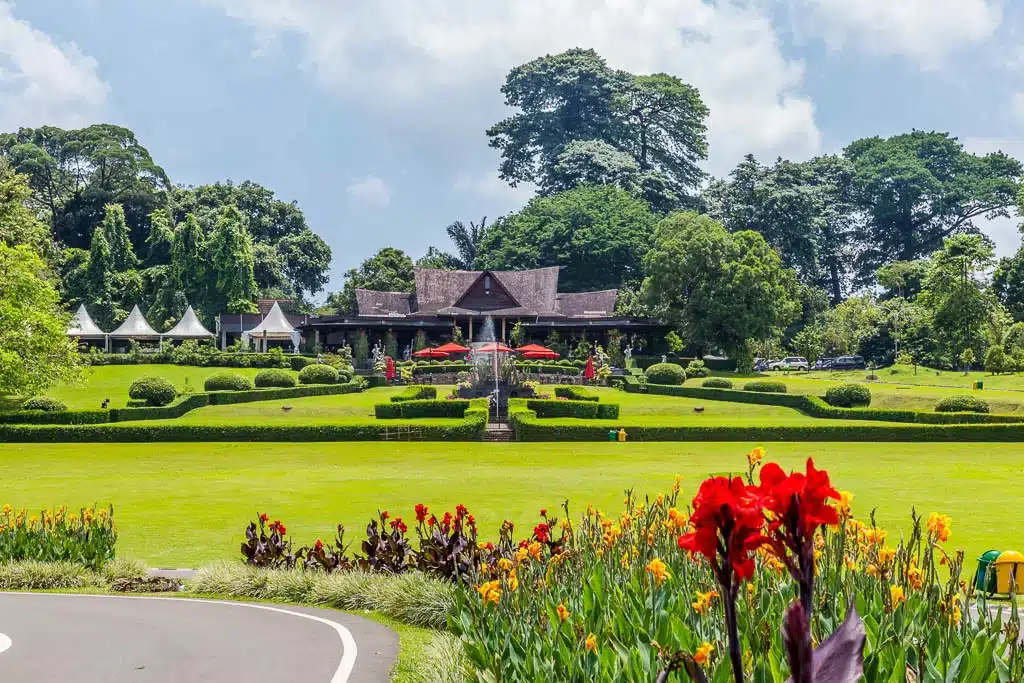
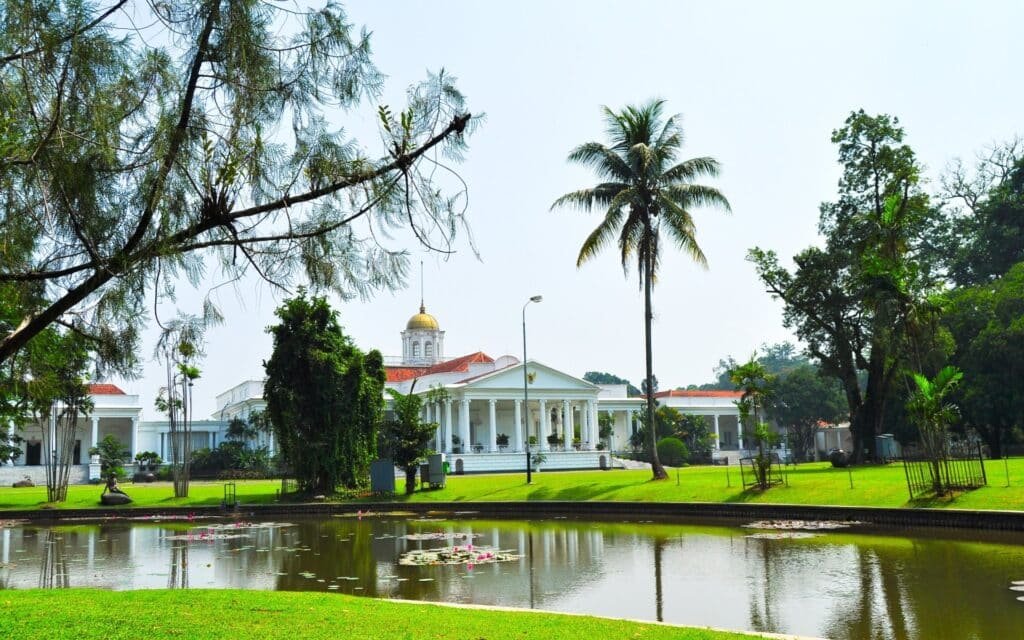
TEMPE AZAKI
Azaki Tempe produced by PT Azaki Food International is located in West Java, Indonesia. This company exports fresh and frozen Tempe to several countries such as Japan, Korea, USA, Taiwan, and Hongkong. Tempe is one of the traditional fermented soybeans originated from Central Java, Indonesia.
Fresh and frozen Tempe is an hygienic and packaged Tempe with an attractive appearance and has been certified based on National Indonesian Standard (SNI), HACCP, and Indonesian Halal Agency, as well as registered at Indonesian FDA (BPOM). It is processed with a modern way by implementing a food safety system and hygienic production methods producing quality Tempe, clean white with a savory taste, and rich in nutrients and functional components.
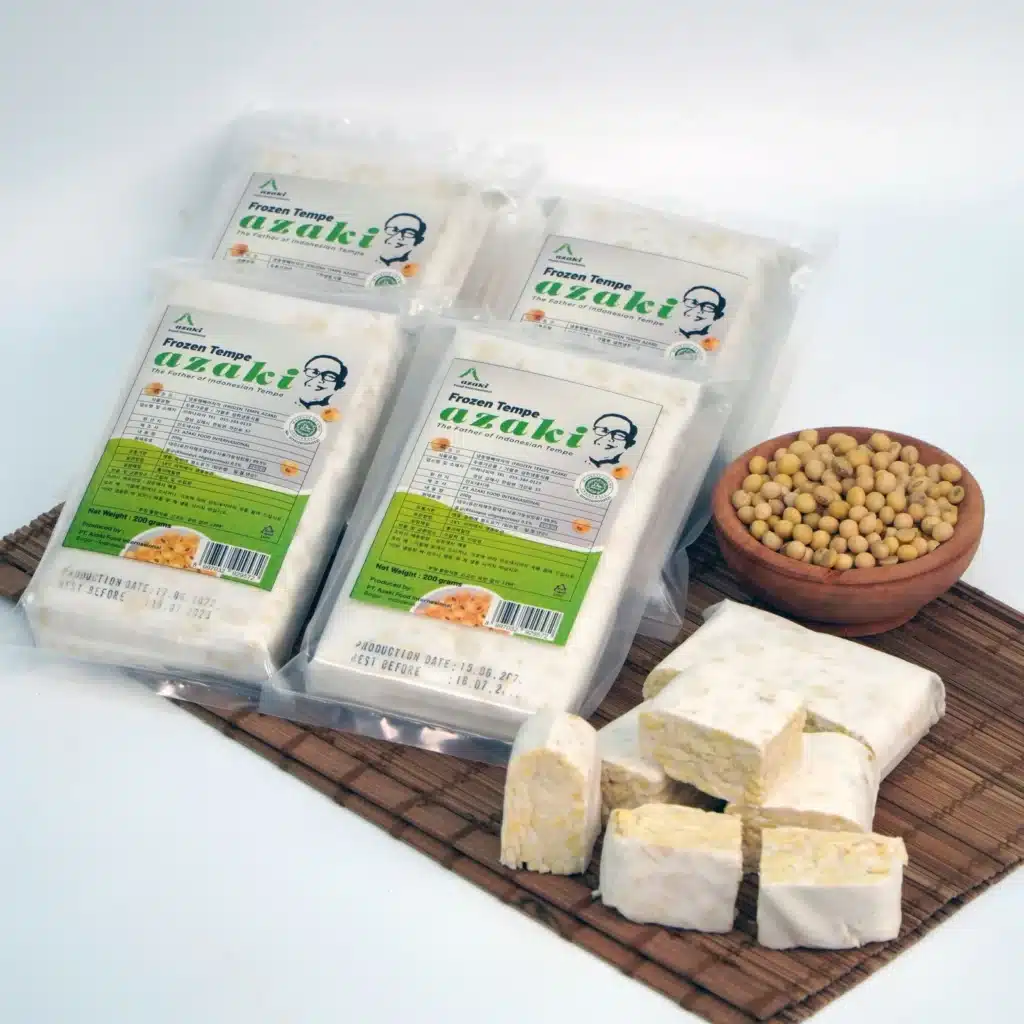
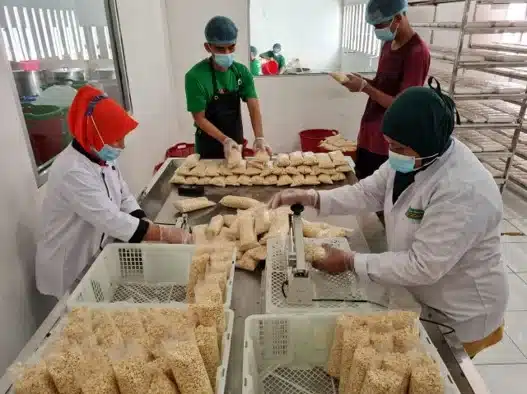
PUSKESMAS AND POSYANDU AT CIOMAS
Pusat Kesehatan Masyarakat, popularly called Puskesmas is a community health center provided by the goverment, at least one Puskesmas for every sub-district across Indonesia. They are overseen by the Indonesian Ministry of Health and provide healthcare for the population on sub-district level.
Roles of Puskesmas in Indonesia are: 1) Primary Healthcare Provider: Puskesmas deliver primary care and act as a gateway to higher levels of healthcare. 2) Health Promotion and Prevention: Educating communities about hygiene, nutrition, family planning, and disease prevention. 3) Epidemiological Surveillance: Puskesmas monitor and report on infectious diseases, ensuring timely responses to outbreaks. 4) Maternal and Child Health: Prenatal and postnatal care, immunizations, and nutritional support. 5) Supporting National Health Insurance: Puskesmas are integral to the Indonesia’s universal healthcare system, offering affordable or free services. 6) Community Engagement: Collaborate with local communities and stakeholders to design and implement health interventions.
One of the roles of Puskesmas is to coordinate and report the activities of Posyandu. Posyandu is a community-based health services at the lower level. Each posyandu usually consists of 50-100 children under five years old. The scope activities of Posyandu includes : 1)Maternal and child health service, 2) Growth monitoring for children, 3) Nutrition programs, 4) Immunizations, 5) Nutrition and health education, 6) Disease prevention, 7) community engagement, 8) Reporting to Puskesmas.
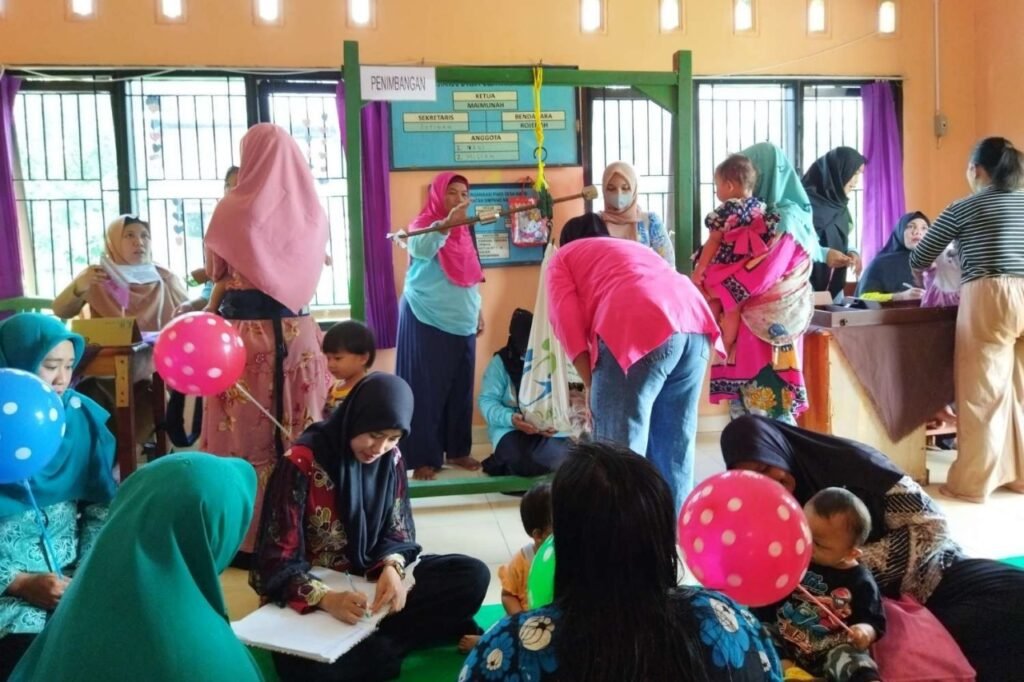
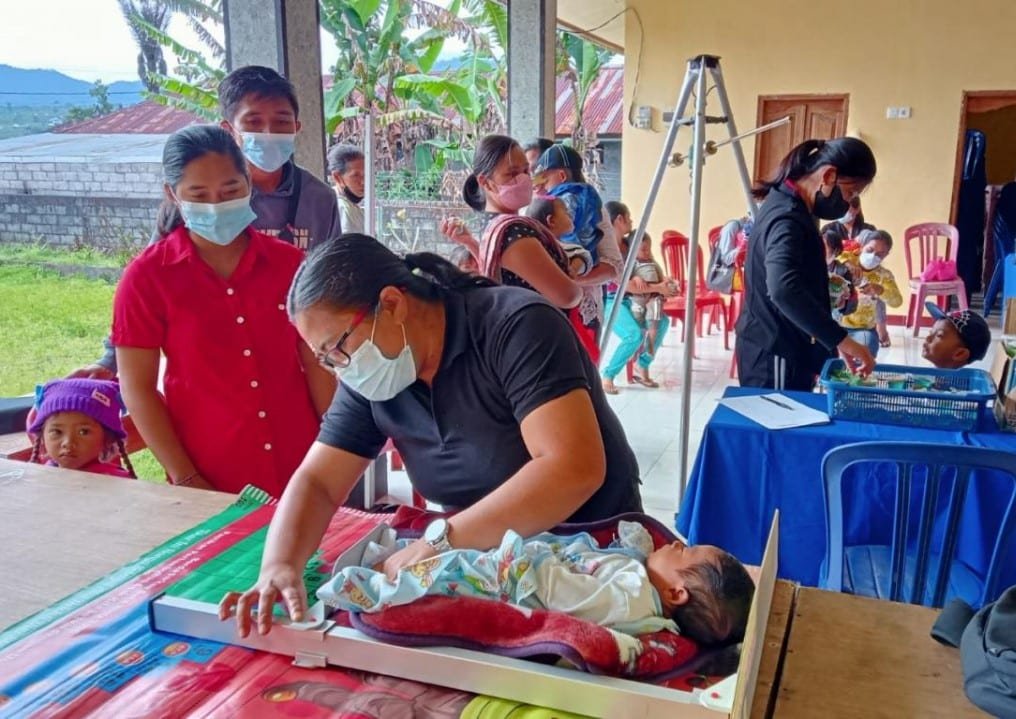
TAHU YUN-YI (YUN-YI TOFU)
Tofu is one of the Indonesian food made from soy milk originated from China, which is one of Indonesia’s traditional dishes that is highly favored by the Indonesian community. Yun-Yi Tofu from Bogor is unique due to its combination of traditional recipes and modern production techniques. This tofu brand emphasizes the use of high-quality ingredients, such as premium soybeans and natural coloring like turmeric for its yellow tofu, ensuring a flavorful and nutritious product. Yun Yi Tofu is free from artificial preservatives and additives, making it a healthier choice for consumers.
YUN-YI Tofu is a tofu company that has been established since 1940, founded and pioneered by Mr. Liauw Hon Tjan in Bandung. YUN-YI Tofu Company in Bogor has been operating since 1995. The expansion of the factory to this new area provided an opportunity to be closer to the community in Jakarta and surrounding regions. Since then, YUN-YI Tofu has consistently produced fresh products distributed in both traditional and modern markets. Currently, YUN-YI Tofu factories are located in 4 places on Java Island: Bandung, Bekasi, Bogor, and Semarang. It is also available in modern markets, restaurants, and traditional markets.
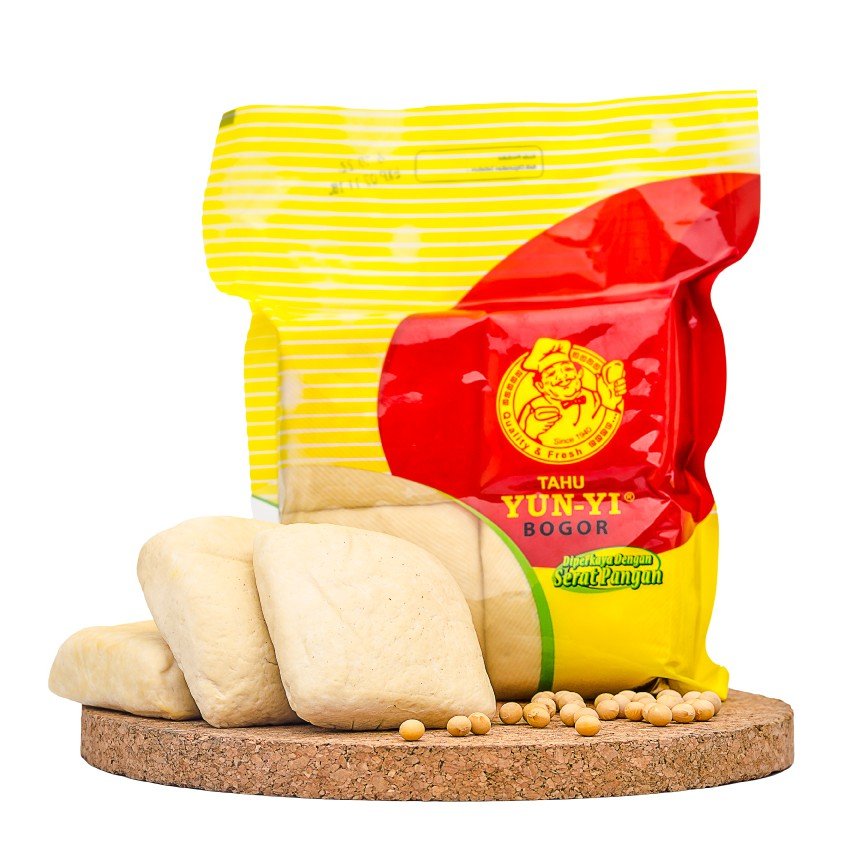
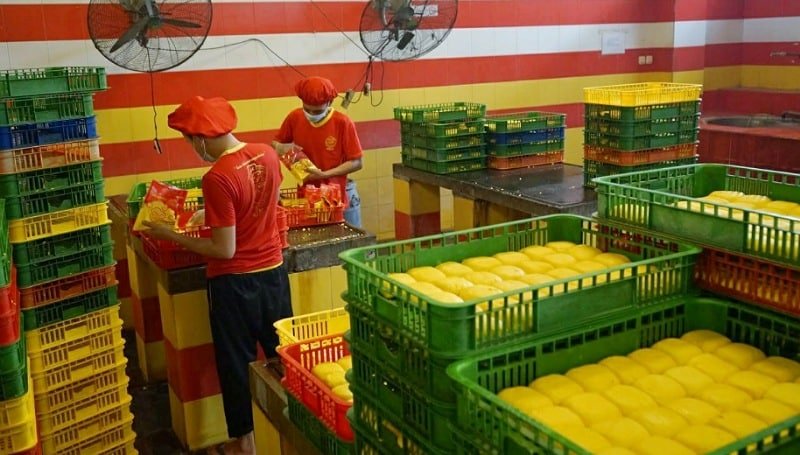
GUNUNG MAS TEA PLANTATION
Gunung Mas Tea Plantation in West Java, Indonesia, is a popular destination for tourists. It is located in a cool mountainous area at an altitude of 700-1400 meter above sea level, with an average temperature of 18-25 degrees Celsius. Visitors are drawn not only by the natural beauty but also by the historical connection to their ancestors who worked on these plantations. The tea plantations in this region date back to the 1600s.
Today, the area has developed significantly, with villas, hotels, and recreational facilities. It offers an ecotourism experience at Gunung Mas, where visitors can enjoy the local foods, taste various teas, handicrafts, scenery, and learn about the plantation’s history. The tour provides a personalized experience, helping visitors plan their trip and offering insights into local culture and attractions.
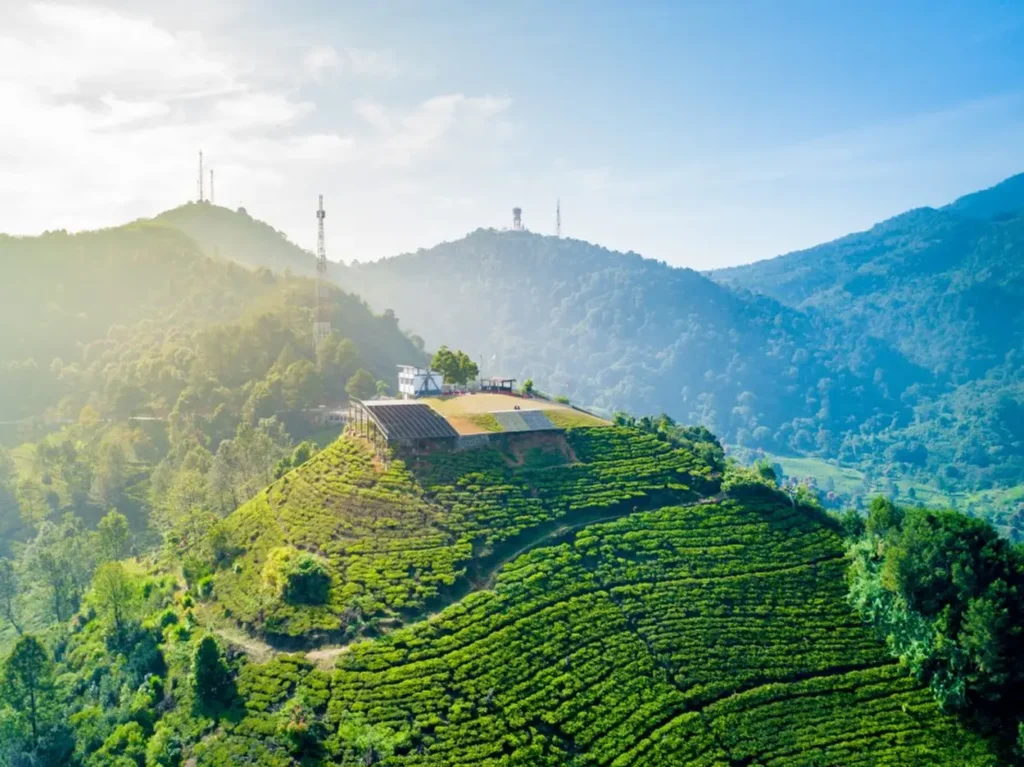
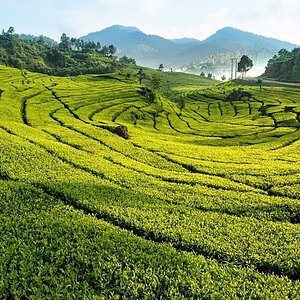
TAMAN SAFARI CISARUA INDONESIA
Taman Safari Cisarua Indonesia (Indonesia Cisarua Safari Park) is a sanctuary park that is not merely a zoo but also a visionary concept of blending conservation, education and entertainment. Taman Safari Cisarua Indonesia begins in the early 1980s when a group of passionate conservationists envisioned a place where people could experience wildlife up close while promoting awareness about the importance of preserving natural habitats.
In 1986, their vision came to life with the opening of Taman Safari Cisarua Indonesia. This sprawling park stretched across acres of pristine land, carefully designed to mimic the natural habitats of various species. Over the years, Taman Safari Cisarua Indonesia expanded its reach, establishing additional parks in Prigen, East Java, and Bali. Each park retained the same commitment to conservation and education while showcasing the unique flora and fauna of its region.
The uniqueness of Taman Safari Cisarua Indonesia are : 1) Safari Experience: Unlike traditional zoos, animals at Taman Safari roam freely in large enclosures, creating an authentic safari atmosphere. Visitors explore these areas safely in vehicles, observing over 2,500 animals from Indonesia and around the world. 2) Animal Shows and Activities: The park offers entertaining and educational animal shows, such as tiger performances, elephant storytelling, and dolphin interactions. 3) Istana Panda: The Panda Palace is home to two giant pandas, set in a scenic mountain environment, adding a distinctive feature to the park’s diverse attractions. 4) Amusement and Water Parks: Beyond the wildlife experience, Taman Safari includes a family-friendly amusement park and waterpark, with rides like roller coasters and the unique Dino Park. 5) Scenic and Accessible Location: Situated on the slopes of Mount Pangrango, the park combines natural beauty with convenient access from Jakarta and Bandung, making it a popular destination.
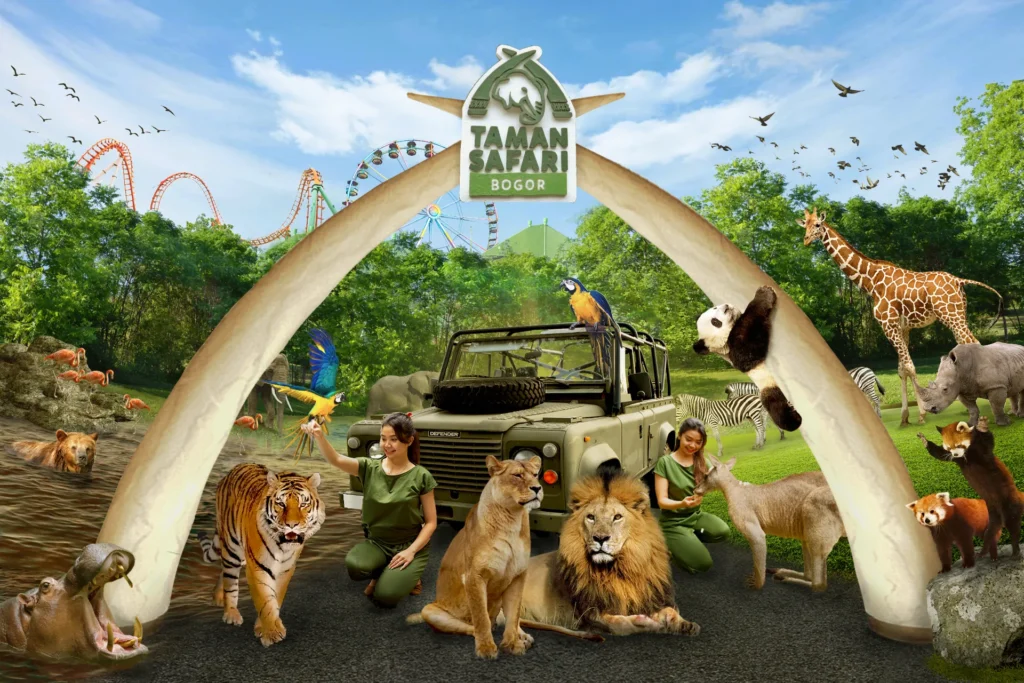
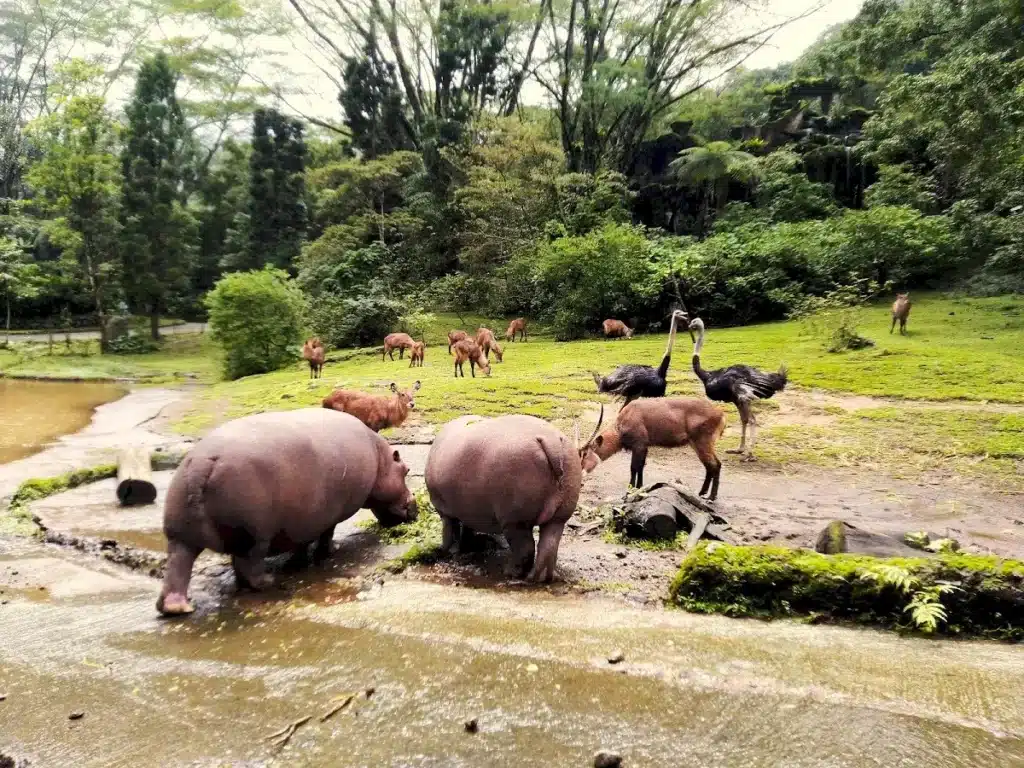
TAMAN MINI INDONESIA INDAH (TMII)
Taman Mini Indonesia Indah (TMII), sometimes called Beautiful Indonesia Miniature Park, is one of the main tourist attractions which is located in East Jakarta. TMII is a tourist park with an Indonesian cultural themes, summarizes all the cultures of the provinces in Indonesia. The idea of establishing TMII has been around since 1970, started with the idea of the First Lady (Tien Soeharto) wife of the second president of the Republic of Indonesia, Soeharto. The aim of building in the TMII is to arouse a sense of pride and love for the country and it’s cultures.
TMII features traditional houses from all 38 provinces, each adorned with authentic architecture, art, and crafts. It offers a miniature representation of Indonesia’s vast archipelago, showcasing the nation’s rich cultural and ethnic diversity. Visitors can explore museums dedicated to various themes, such as science, technology, transportation, and Indonesian heritage. The park also includes beautiful gardens, religious monuments, theaters, and a gondola for an aerial view of the area. Its centerpiece, a massive lake with islands shaped like the Indonesian archipelago, symbolizes the unity of this diverse nation. TMII provides an immersive and educational experience, celebrating Indonesia’s traditions, history, and modern achievements in one vibrant location.
